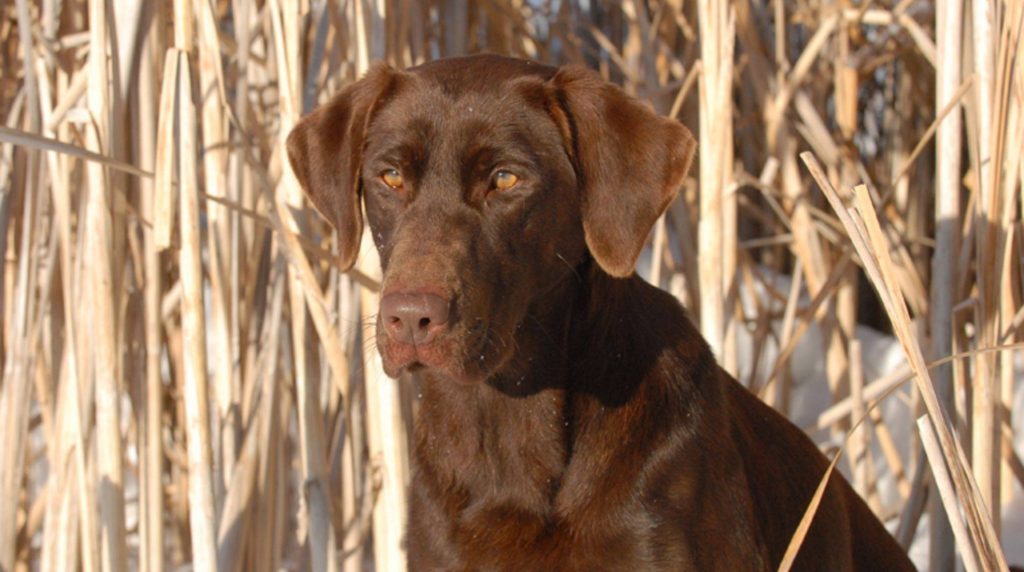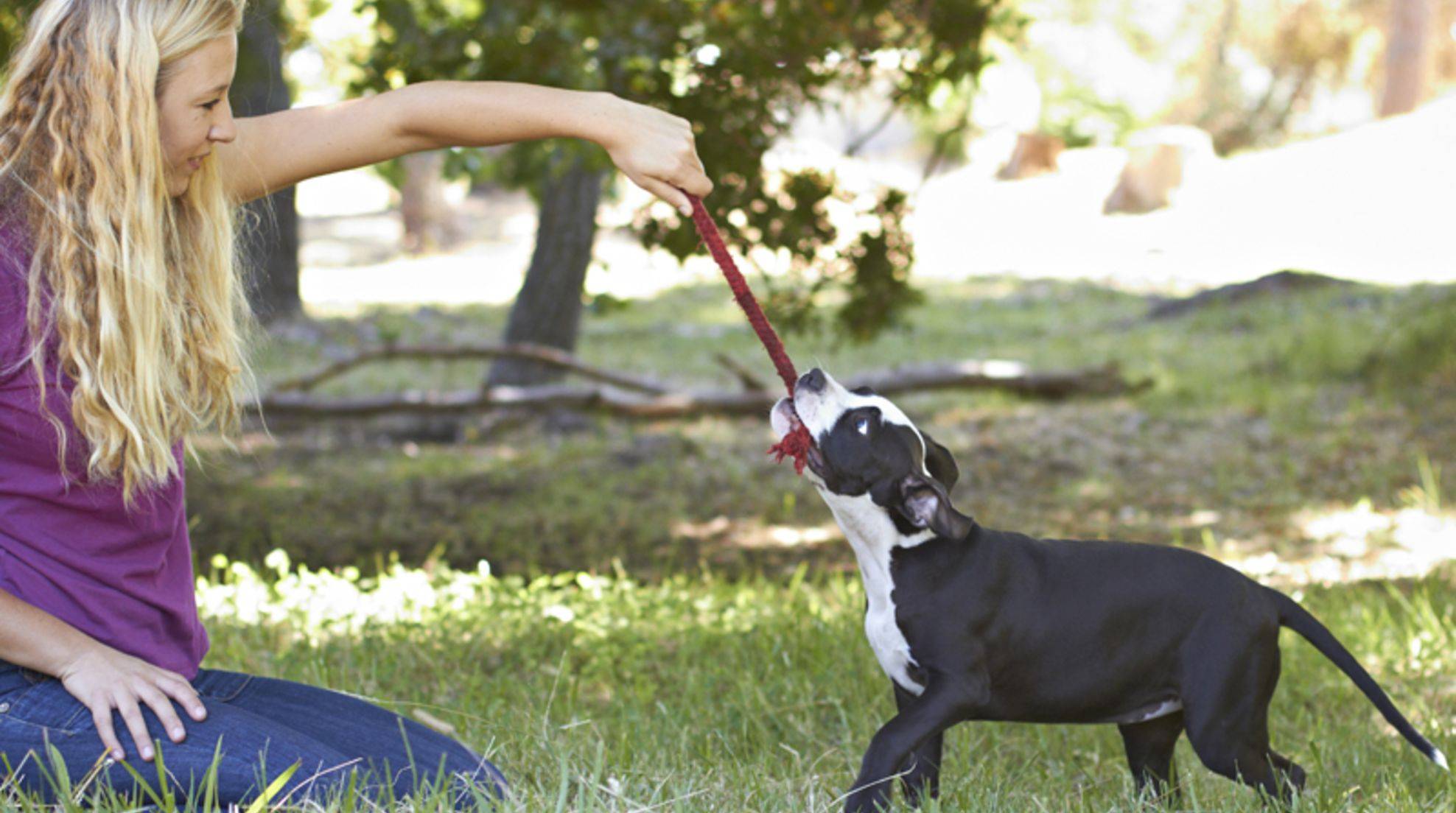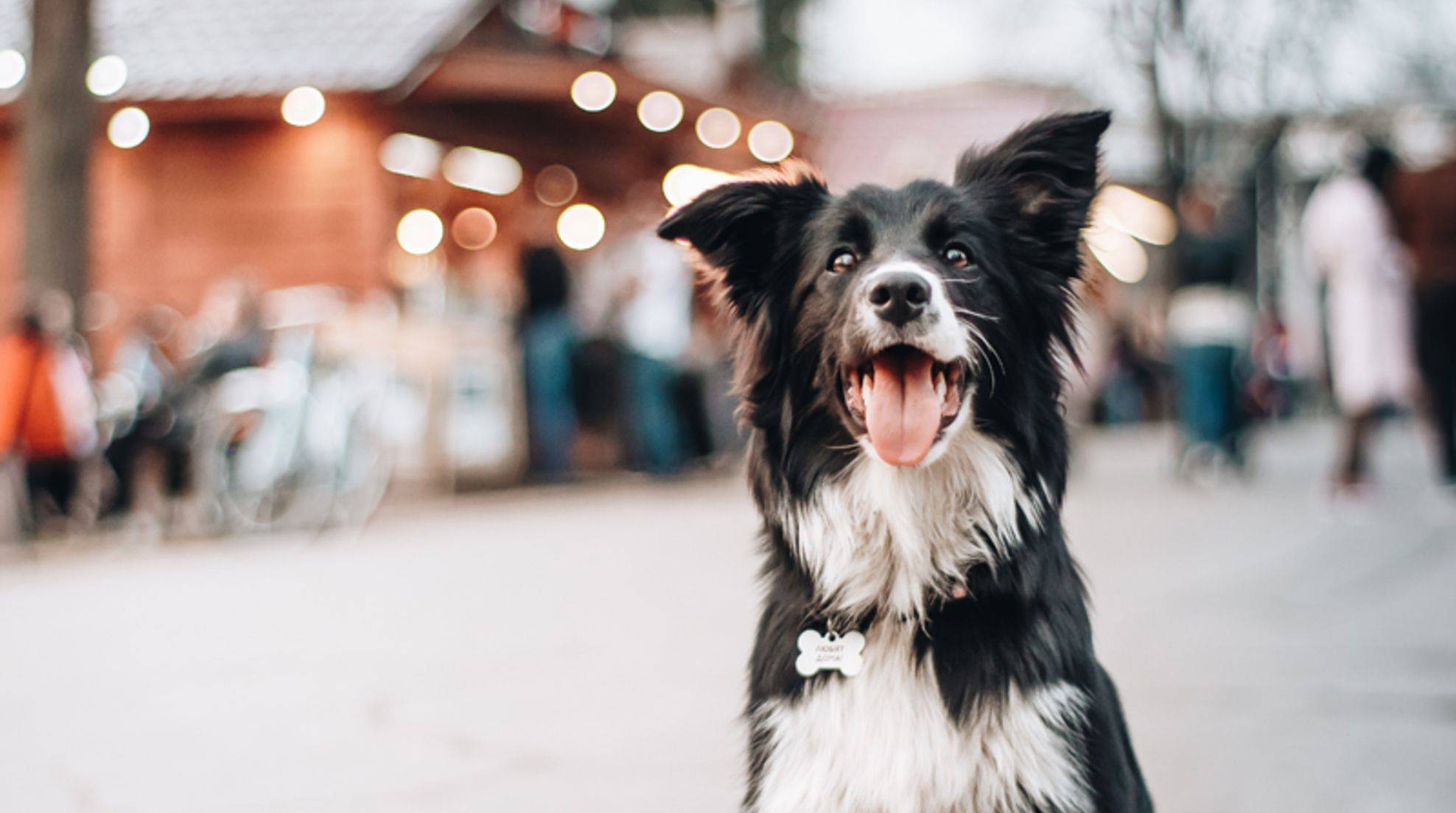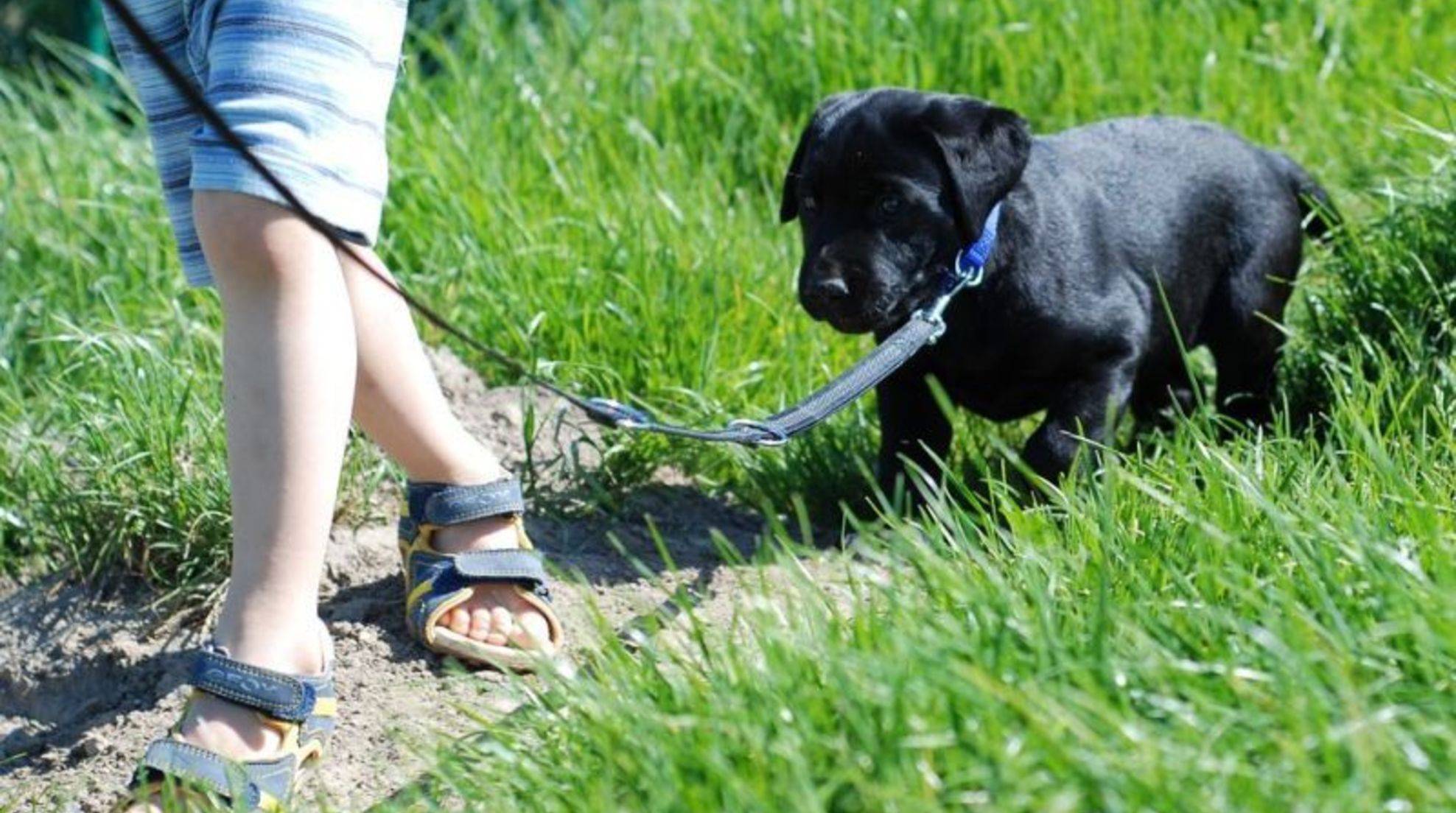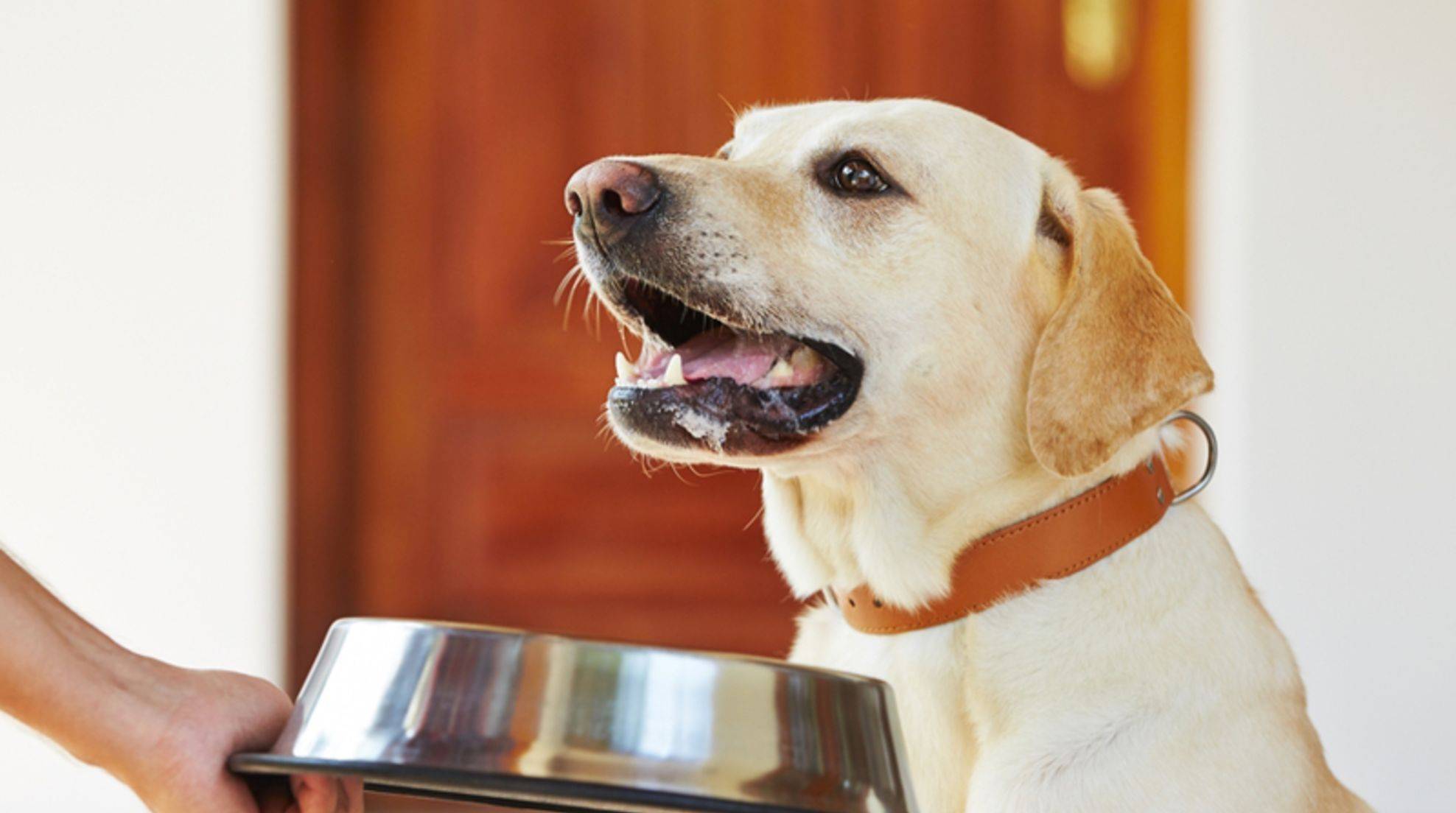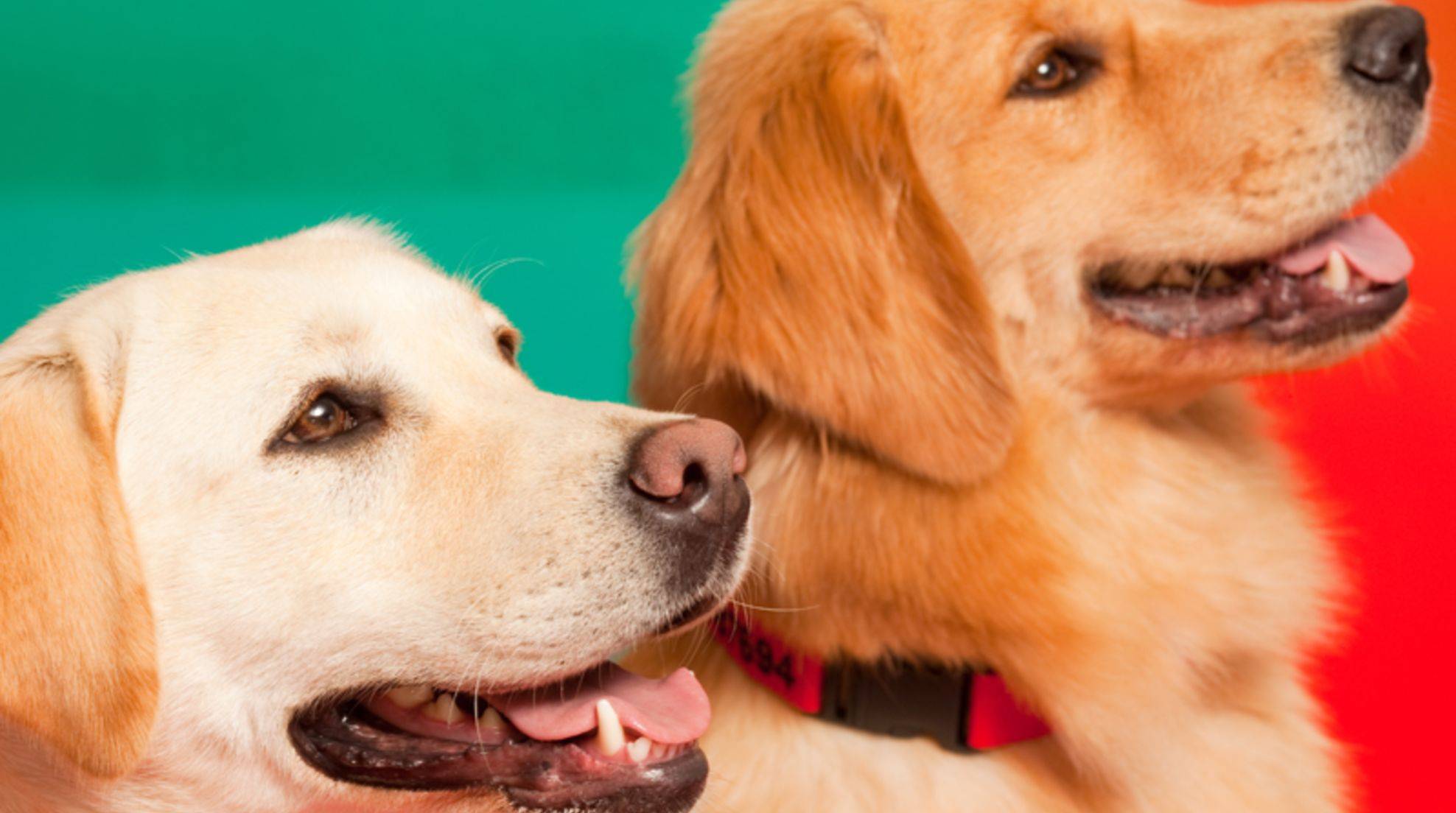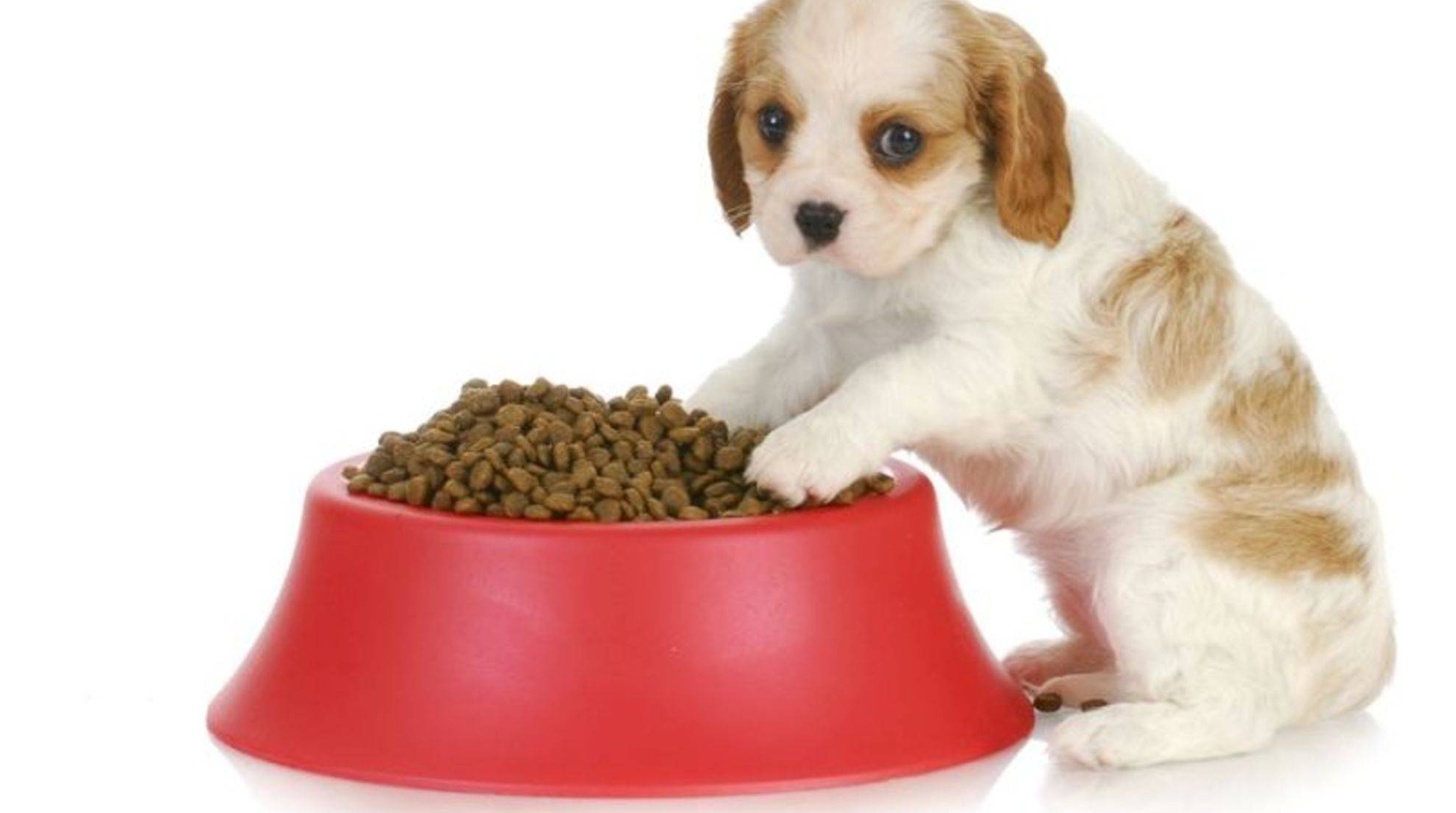The dog has a dull coat: what to do?
If your dog has a dull coat, you should get to the bottom of the causes. Often a wrong diet is behind it, but sometimes it is also a sign of parasites or diseases. What you can do to make the dog’s coat shine again, and when you need to go to the vet, you can find out here.
An all-around healthy dog usually has a beautiful, shiny coat – dull fur is therefore always a reason to look for possible health problems or faults in the dog’s diet. In case of doubt, your trusted veterinarian will be there to help and advise you.
Dull coat as a result of incorrect dog nutrition?
It is best to go through in your mind when and under what circumstances you first noticed the dull coat on your four-legged friend. In most cases, it is primarily a mistake in feeding your dog—the solution: a change in diet.
Restore shine to the coat with the proper diet
If it is due to the diet that your dog has dull fur, a few changes in the menu are in order. First, look at the dog food ingredient list you’re used to: Are the specifications accurate and specific? Is the meat content high? Does it contain enough high-quality fats?
If not, you should change to high-quality dog food or switch your dog to barf. The same applies if the dog food contains too many unnecessary ingredients such as low-quality grains or sugar.
In addition, some oil in the food can make your dog’s coat shine; fish oil – from salmon, cod, or cod – linseed oil and hemp oil, which contain many essential omega-3 fatty acids, are particularly suitable.
If the vet has diagnosed a nutrient deficiency, dietary supplements can also help, for example, with biotin, vitamin B, or brewer’s yeast.
Dull coat in dogs: Other possible causes
In addition to malnutrition, however, there are several other possible causes for dry, dull fur, which can also be accompanied by symptoms such as dandruff or itching. If your dog is affected, the following reasons may also be behind it:
parasites, for example, mites or fleas
hormonal disorders, for example, an underactive thyroid gland
Allergies
Stress
Organ diseases that prevent your dog from adequately utilizing all the nutrients in his food
Treat the dog with a dull coat: When to see a vet?
If your dog is already receiving high-quality dog food or is being fed a diet, you should take him to the vet as a precaution to clarify the exact cause of the dull dog coat.
If it turns out that your four-legged friend has mites, fleas, worms, or other parasites, the veterinarian can prescribe appropriate remedies. Hormone disorders such as Cushing’s syndrome or hypothyroidism can usually be treated with hormone tablets, although the dose must be adjusted precisely to your dog’s needs.
In the case of allergies, your veterinarian can put your four-legged friend on a special diet to alleviate the symptoms so that your pet suffers less. If a chronic organ disease, for example, an EPI, is behind the dull coat, this must be treated for life – but with the right therapy and your support, your four-legged friend can then live well with it for many years to come.
If your vet cannot determine an organic cause, parasites, or allergies, stress is probably the reason for the coat problems. See if you can bring a little more peace and relaxation into your dog’s life. Professional help, if your pet is very anxious or nervous, you can also get from a pet psychologist.
More tips for a shiny coat for dogs
In addition, proper coat care from the outside by brushing and combing also ensures a shiny appearance. Especially in the fall and spring, when your pet’s coat changes, his fur needs special attention. Which care is the right one also depends on the coating structure of your animal friend. You can find more tips on this in the following guides:
They are grooming short hair coats: tips for a beautiful dog coat.
Grooming longhair coat: How to keep your dog’s hair beautiful
Roughhaired dachshund: Husbandry conditions for the dog
Four tips for proper coat care: Wellness for the dog

